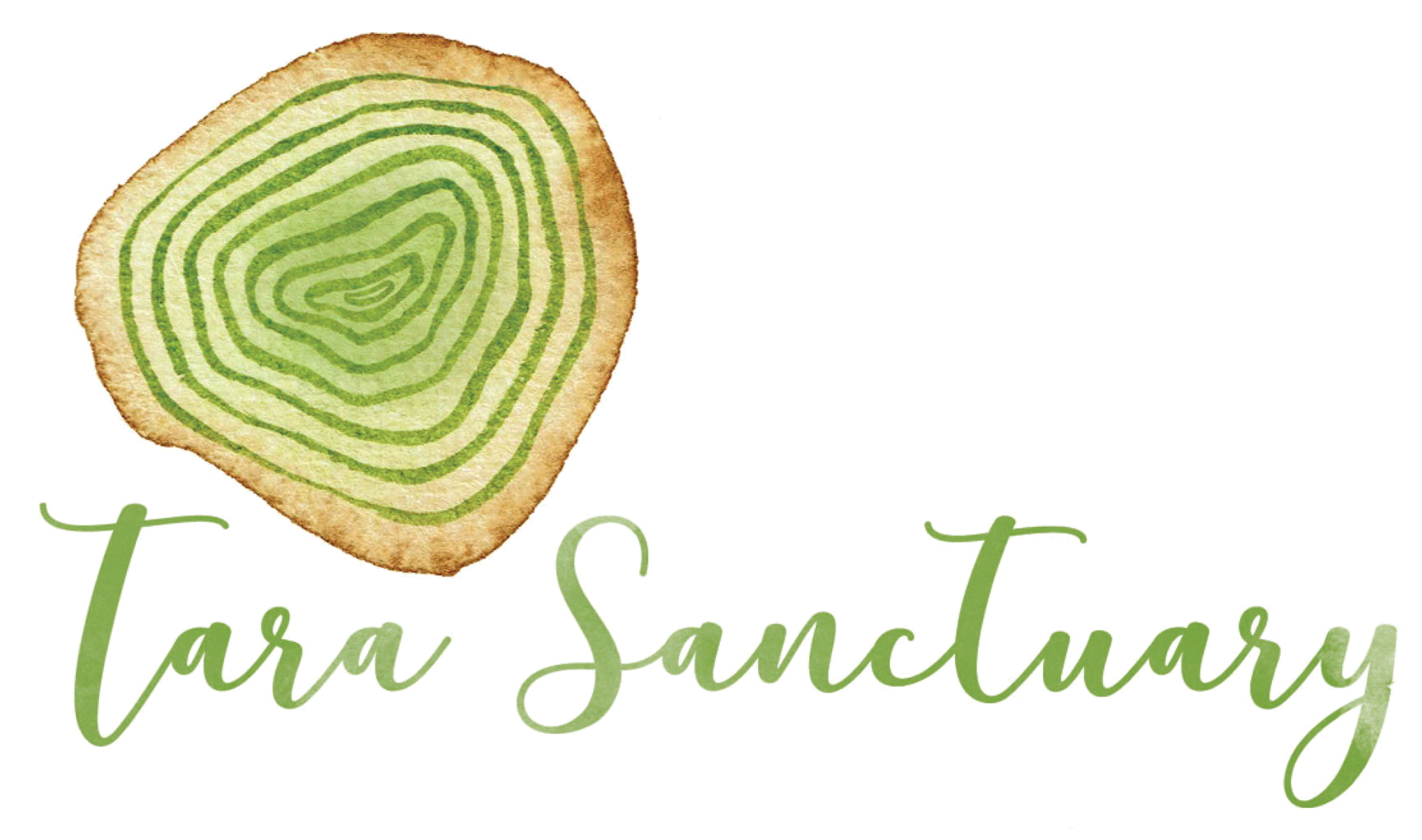Loss and connection
Death may have no dominion but it makes its presence felt in many different ways, something I experienced from an early age. When I was 12, fifty years ago, my father died. On the way to his funeral, sat in the slow-moving cortege car immediately behind my father’s hearse, I caught site of an unknown man stood on the pavement, watching. As we passed by, he took off his hat and held it to his chest. I’ve never forgotten that moment and the effect it had on me, grateful for this stranger’s acknowledgement and sensing, perhaps, the compassion that flowed from his simple action.
My father’s early death was, and still is, a hugely impactful loss in my life. But it has also made me aware that reflection on death has the power to shine a light on actions and attributes, such as kindness and respect, which help connect and ground us in meaningful, far-reaching ways. Perhaps such reflection was in Mozart’s mind, when, in a letter to his ailing father, he wrote of death as, ‘this best and truest friend of mankind… the key which unlocks the door to our true happiness’.
I am interested in the Tara sanctuary and natural burial ground project, chiefly because of my wish to help develop more nourishing understandings of death and disposal than those often represented in our culture. I have been present at very traditional Catholic funeral masses as well as ‘organic’ pagan-type funeral celebrations, and it is the latter that resonates with me as more spiritually uplifting and memorable. A Buddhist inspired project such as Tara sanctuary has, I believe, the opportunity to help many more of us open to death as a unifying and edifying presence in our daily lives.
John Percival

